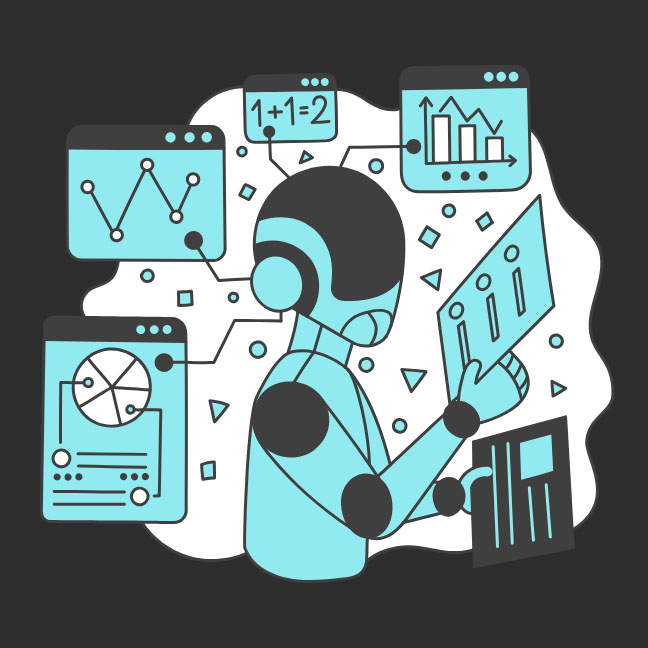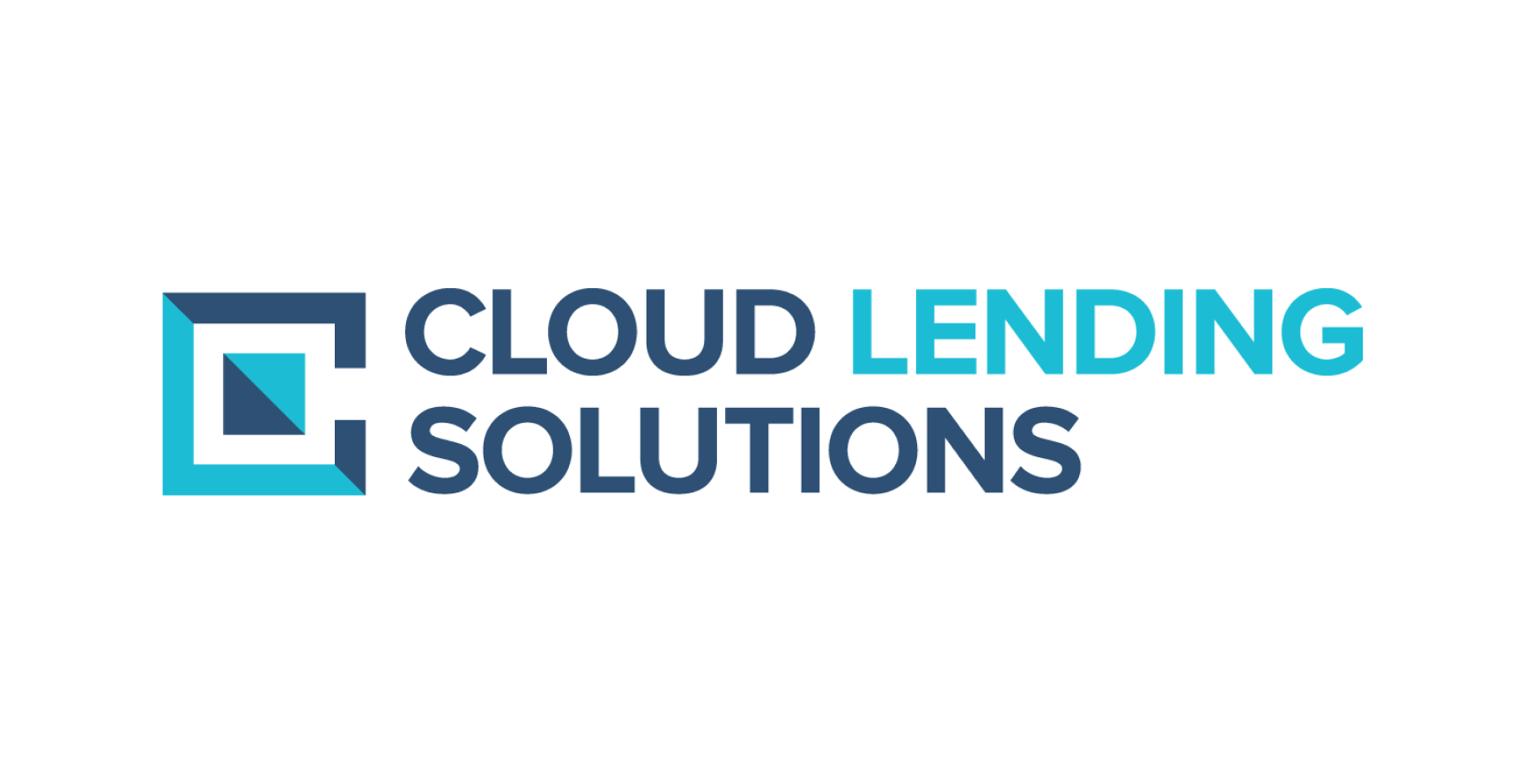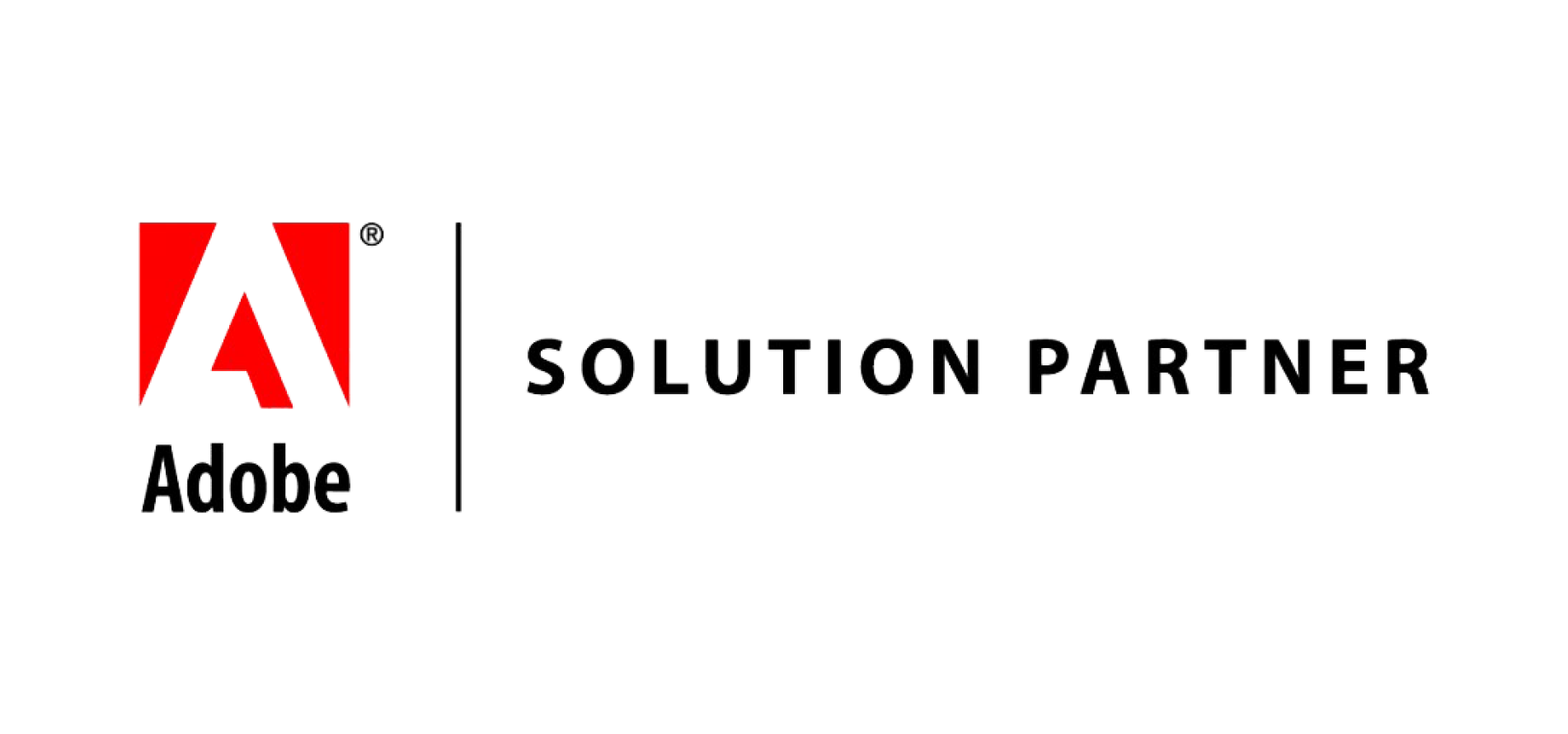Artificial Intelligence, zBlog
How AI Is Changing the Marketing Automation Industry: Key Trends & Tools
trantorindia | Updated: July 28, 2025
Artificial Intelligence (AI) is reshaping the marketing landscape in profound ways, particularly in the realm of marketing automation. Understanding how AI is changing the marketing automation landscape is essential for businesses aiming to stay competitive, agile, and deeply connected with their customers. This transformation goes well beyond simple task automation; AI empowers marketing teams to deliver personalized experiences, predict customer behavior, optimize campaigns in real time, and boost efficiency.
This comprehensive guide dives deep into how AI is changing the marketing automation ecosystem. It explores the core concepts, technological foundations, latest trends, practical tools, strategic use cases, and actionable guidance designed to help marketers navigate and harness this technological revolution effectively.
What Is Marketing Automation?
Marketing automation refers to the use of software and technology platforms that automate repetitive marketing tasks, improve workflow efficiency, and measure the impact of campaigns. It allows businesses to nurture leads, segment audiences, schedule communications across multiple channels, and analyze performance with minimal human intervention.
Traditional Marketing Automation Processes:
- Lead nurturing and scoring
- Customer segmentation
- Multichannel campaign deployment
- Automated email and social media delivery
- Workflow management
- Analytics and reporting
While these functionalities streamline marketing operations, they often follow static, rule-based logic that limits adaptability and personalization. This is where AI fundamentally alters the playing field.
How AI Is Changing the Marketing Automation Landscape
How AI is changing the marketing automation domain involves moving from rigid automation rules to intelligent, self-optimizing systems. AI introduces machine learning, natural language processing, predictive analytics, and real-time decisioning to marketing automation, enabling platforms to understand and anticipate customer needs better than ever before.
Key Transformational Shifts
From Rule-Based to Data-Driven Automation
AI-powered marketing automation replaces pre-programmed workflows with dynamic models that learn from individual customer interactions, continuously adjusting campaigns to maximize engagement and conversions.
From Broad Segmentation to Hyper-Personalization
AI breaks audiences down into micro-segments or even unique profiles. Each customer receives personalized messaging tailored to their preferences, browsing habits, past purchases, and predicted behavior.
From Periodic Testing to Continuous Optimization
Traditional A/B testing happens at fixed intervals. AI continuously tests and refines campaigns on the fly, dynamically shifting content, offers, and channels for superior performance.
From Retrospective Reporting to Predictive Insights
AI analytics provide foresight—not just hindsight—by predicting customer trends, segment churn likelihood, and advising marketing decisions proactively.
Core AI Technologies Powering Marketing Automation
Understanding how AI is changing the marketing automation landscape requires recognition of the key technologies used by modern platforms:
- Machine Learning (ML): Learns patterns from data to improve decision-making, lead scoring, and customer segmentation.
- Natural Language Processing (NLP): Powers chatbots, sentiment analysis, and content generation by enabling machines to understand human language.
- Predictive Analytics: Uses historical and behavioral data to forecast future outcomes such as conversions or churn.
- Robotic Process Automation (RPA): Automates routine tasks like data entry or messaging workflows.
- Computer Vision: Analyzes images or video content for product recognition or behavioral cues.
Benefits Unlocked: How AI Is Changing Marketing Automation Outcomes
Hyper-Personalization on a Massive Scale
AI enables companies to deliver truly personalized marketing experiences by tailoring messages, product recommendations, and timing to individual customer behavior and preferences, significantly increasing engagement and loyalty.
Precision Lead Scoring and Nurturing
Using hundreds of behavioral and demographic factors, AI assigns highly accurate lead scores, identifying prospects most likely to convert and enabling sales teams to prioritize efforts effectively.
Real-Time Campaign Optimization
AI continuously analyzes campaign data, adjusting subject lines, imagery, calls to action, and timing automatically to improve performance without manual intervention.
Enhanced Customer Journey Management
Marketing automation workflows powered by AI adapt dynamically to customer interactions—responding instantly to changes in behavior across channels and devices to create seamless, relevant experiences.
Deeper Attribution and ROI Tracking
AI models link marketing activities directly to business outcomes, providing marketers with clear attribution paths and allowing smarter budget allocation.
Efficiency Gains and Cost Reduction
Automating repetitive tasks reduces operational costs and liberates marketing teams to focus on creativity, strategy, and innovation.
Key Trends Redefining Marketing Automation With AI
Predictive Analytics as a Strategic Pillar
Marketers are increasingly leveraging AI-powered predictive models to anticipate customer behaviors such as purchase intent or churn risk, enabling proactive campaign strategies that deliver better results.
Generative AI for Content Creation
AI tools generate marketing copy, headlines, social media posts, and ads at scale—accelerating content production while maintaining brand voice consistency.
AI-Driven Conversational Marketing
Chatbots and virtual assistants handle real-time engagement with prospects and customers, qualifying leads, answering FAQs, and routing inquiries to human agents when needed.
Omnichannel Automation
AI coordinates campaigns across email, SMS, social, paid ads, and web channels to provide consistent, personalized messaging at every touchpoint.
First-Party Data Utilization in a Privacy-First World
As privacy regulations limit third-party data access, AI helps companies activate and analyze first-party data assets, ensuring compliance and relevant targeting.
Intelligent Social Media Management
AI tools identify optimal posting times, analyze sentiment, and recommend content strategies based on real-time audience insights.
Adaptive, Contextual Workflows
Intelligent automation systems utilize context—location, device, time of day, behavior—to trigger relevant messages tailored to each customer’s unique situation.
Leading AI Marketing Automation Tools
A variety of AI-driven platforms currently empower marketers to capitalize on this transformation:
Real-World Applications: How AI Is Changing Marketing Automation in Practice
Retail: Personalized Product Recommendations
Retailers use AI-based recommendation engines to analyze customer behaviors and preferences, dynamically serving relevant products across emails, websites, and apps—driving significantly higher sales conversions.
SaaS: Predictive Customer Retention
Subscription-based companies deploy AI models to detect early signs of customer disengagement, triggering personalized outreach campaigns that reduce churn rates and increase lifetime value.
Automotive: Customized Advertising
Automotive marketers dynamically tailor digital ads in real time using AI to match browsing and buying behavior, increasing engagement and advertising efficiency.
Financial Services: Targeted Lead Management
Financial firms apply AI-powered lead scoring to prioritize high-potential leads, increasing close rates while reducing the cost of acquisition.
Healthcare: Automated Patient Communications
Healthcare providers utilize AI chatbots to handle appointment scheduling and patient education, improving communication response times and patient satisfaction.
Integrating AI Into Marketing Automation: A Practical Guide
- Evaluate Existing Marketing Workflows: Identify processes with high manual effort or low performance that would benefit from AI integration.
- Set Strategic Objectives: Define clear goals like enhanced personalization, predictive lead scoring, or improved analytics.
- Audit and Organize Customer Data: Cleanse and centralize data sources, prioritizing data quality and privacy compliance.
- Select Appropriate AI-Powered Tools: Match tools to objectives, focusing on platforms offering seamless integration and scalability.
- Pilot AI Models: Run small-scale tests to validate AI predictions and automation workflows.
- Scale and Automate Multichannel Campaigns: Deploy AI-driven personalization and adaptive communication across email, social, paid ads, and beyond.
- Continuously Monitor and Refine: Use AI analytics to measure success, identify opportunities, and refine strategies over time.
- Develop Team Capabilities: Train marketing teams to interpret AI insights, adopt new workflows, and foster a data-driven culture.
The Future of Marketing Automation With AI
Generative AI Expansion
Advancements in generative AI will extend beyond text to images, videos, and voice, enabling marketers to produce fully customized multimedia content on demand.
Voice and Visual Search Integration
AI will increasingly optimize marketing automation for voice-enabled devices and visual search technologies, tailoring experiences accordingly.
Advanced Campaign Orchestration
AI will manage end-to-end orchestration of complex campaigns, determining the optimal message sequence, timing, channel, and creative elements per customer.
Compliance Automation
AI will autonomously monitor and enforce marketing practices that align with evolving privacy laws and accessibility standards.
Focus on Ethical and Transparent AI
Responsible AI practices will become integral to marketing automation, ensuring transparency, reducing bias, and building consumer trust.
Practical Tips to Maximize AI-Driven Marketing Automation
- Invest in building high-quality, clean, and consent-driven first-party data.
- Leverage AI to deliver personalized customer experiences at every touchpoint.
- Automate high-impact workflows while preserving opportunities for human creativity.
- Educate marketing teams to interpret AI analytics and act strategically.
- Track revenue attribution carefully to demonstrate AI automation’s business value.
- Keep abreast of evolving AI capabilities and privacy regulations.
Frequently Asked Questions
What exactly does AI add to marketing automation?
AI brings learning, predictive power, real-time optimization, and personalization beyond what traditional rule-based automation can offer.
Can small businesses benefit from AI marketing automation?
Absolutely; many AI tools are scalable and affordable for businesses of all sizes, enabling them to compete more effectively.
Does AI replace marketers?
AI automates routine tasks, but marketers remain essential for strategy, creativity, and building authentic customer relationships.
How can businesses ensure ethical AI use in marketing?
By choosing transparent AI platforms, avoiding biased data sets, and maintaining compliance with privacy laws and industry standards.
Conclusion — From Our Team at Trantor Inc.
How AI is changing the marketing automation landscape is a transformative force that redefines the possibilities for engagement, efficiency, and growth. It empowers marketers to deliver personalized experiences at scale, predict behaviors, optimize campaigns in real time, and free teams from mundane tasks to focus on strategy and innovation.
At Trantor Inc, we specialize in helping businesses harness this revolution—leveraging cutting-edge AI technology combined with deep marketing expertise to build automation strategies that produce measurable value and sustainable growth.
If you’re ready to embrace how AI is changing the marketing automation world and propel your marketing into the future, partner with us. Together, we will create intelligent, adaptive, and customer-centric marketing ecosystems designed to succeed in an ever-evolving digital landscape.



